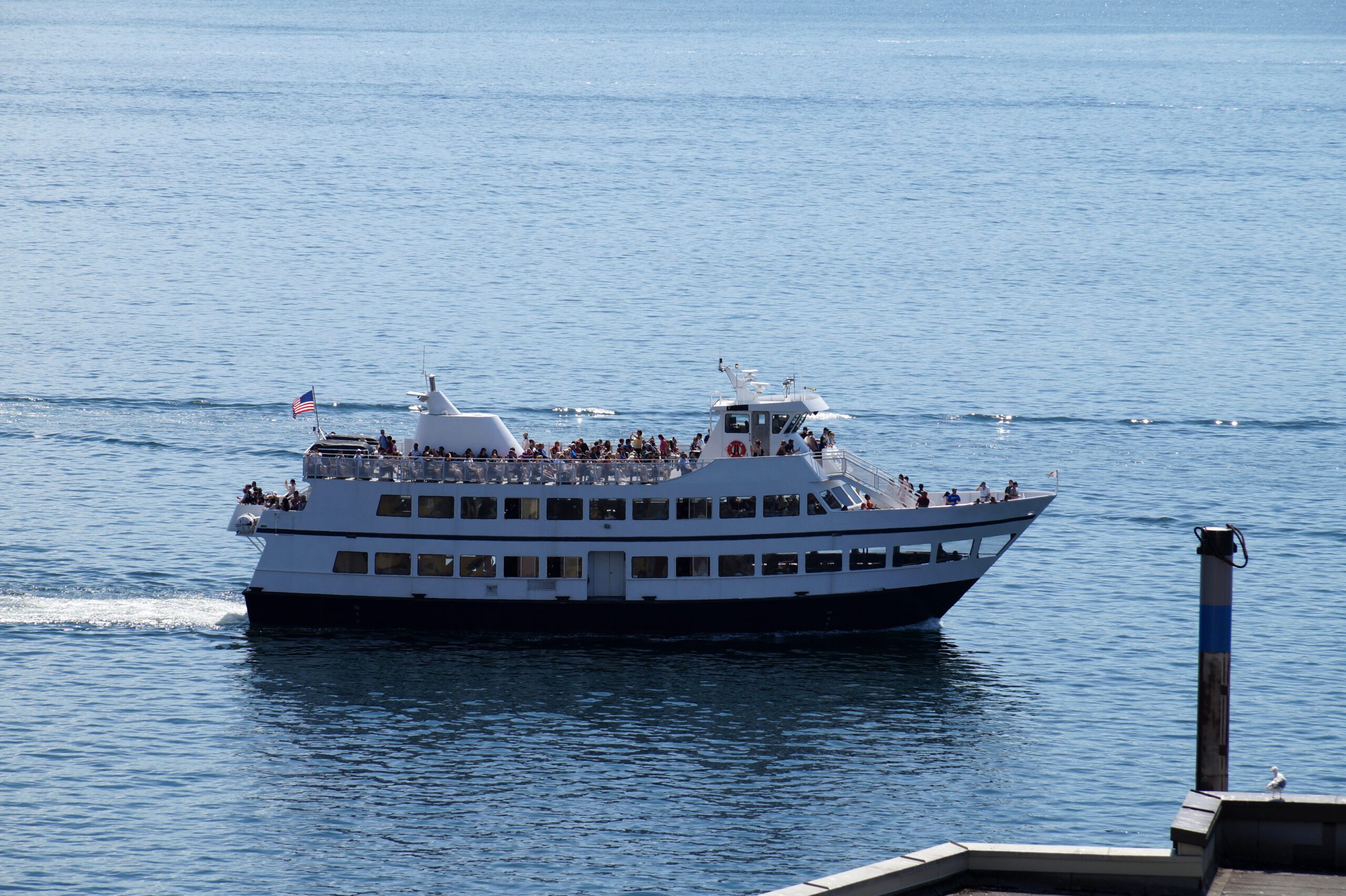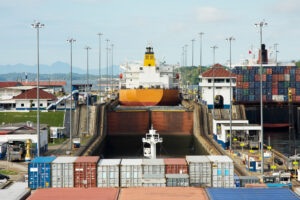The U.S. Government announced the availability of $220 million from President Biden’s Bipartisan Infrastructure Law to support or modernize passenger ferry service in rural and urban communities throughout the United States.
With approximately three million ferry riders each month, these grants will play a significant role in improving transportation options across the nation. Notably, previous grants have helped transit authorities upgrade ferry service all over the country, from Alaska to Maine, Georgia and California.
The Passenger Ferry Program supports capital projects to buy, replace, or modernize passenger ferries, terminals, and related equipment. In Fiscal Year 2023, $50.1 million is available, of which $5 million is set aside specifically for low- or zero-emission ferries and related facilities/equipment.
The Ferry Service for Rural Communities Program is a competitive grant program which provides funding to ensure essential ferry service in rural communities. The funding supports capital, planning, and operating assistance to support or expand ferry services in rural areas. In Fiscal Year 2023, a substantial amount of $170 million is available.
FTA Administrator Nuria Fernandez noted that “this funding will modernize and expand transit systems, reduce greenhouse gas emissions, and advance equity by making transit available to more people, while maintaining and creating good-paying jobs.”.
“For many Americans, ferries are the best way get to work, go to school, or reach a hospital, particularly in island communities and Alaska Native villages,” said U.S. Transportation Secretary Pete Buttigieg, adding: “Everyone ought to have access to affordable, reliable transportation options, and thanks to President Biden’s Investing in America agenda, we are taking an important step to improve ferry service across the country.”
Earlier this year, the FTA announced $384.4 million in project selections through its Ferry Grant Programs, with nearly $100 million in funding going toward its third Ferry Program, the Electric or Low-Emitting Ferry Pilot Program, which is designed to help decrease greenhouse gas emissions from the transportation sector.



